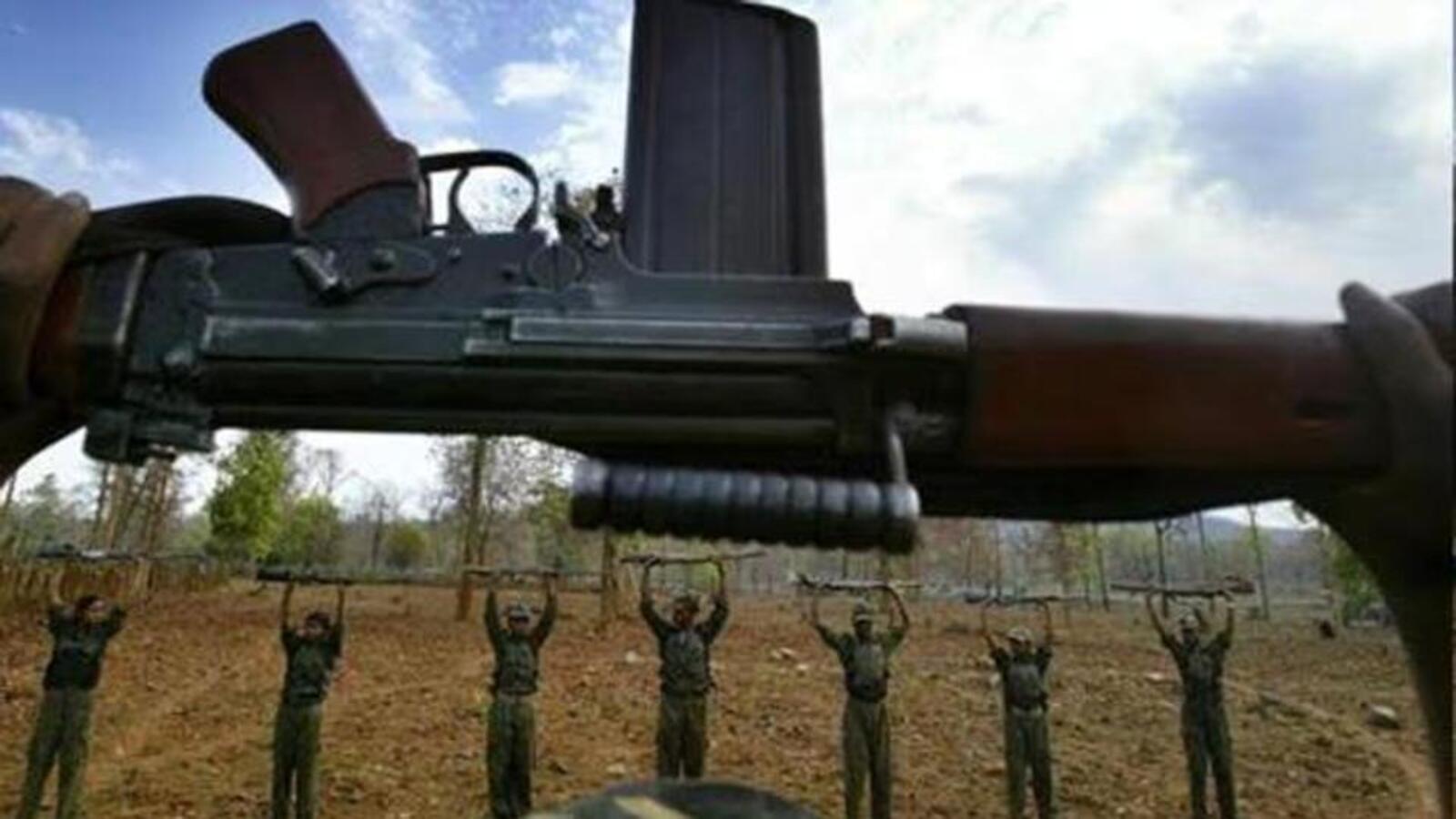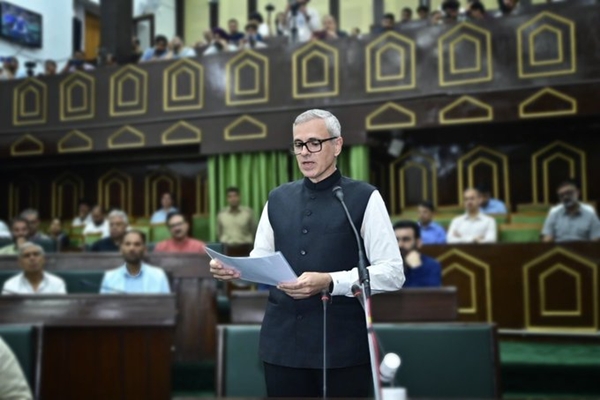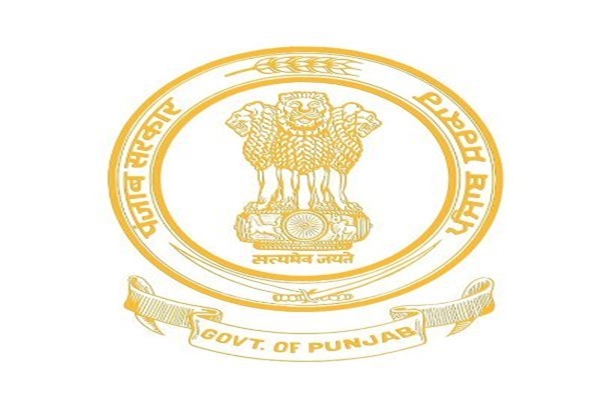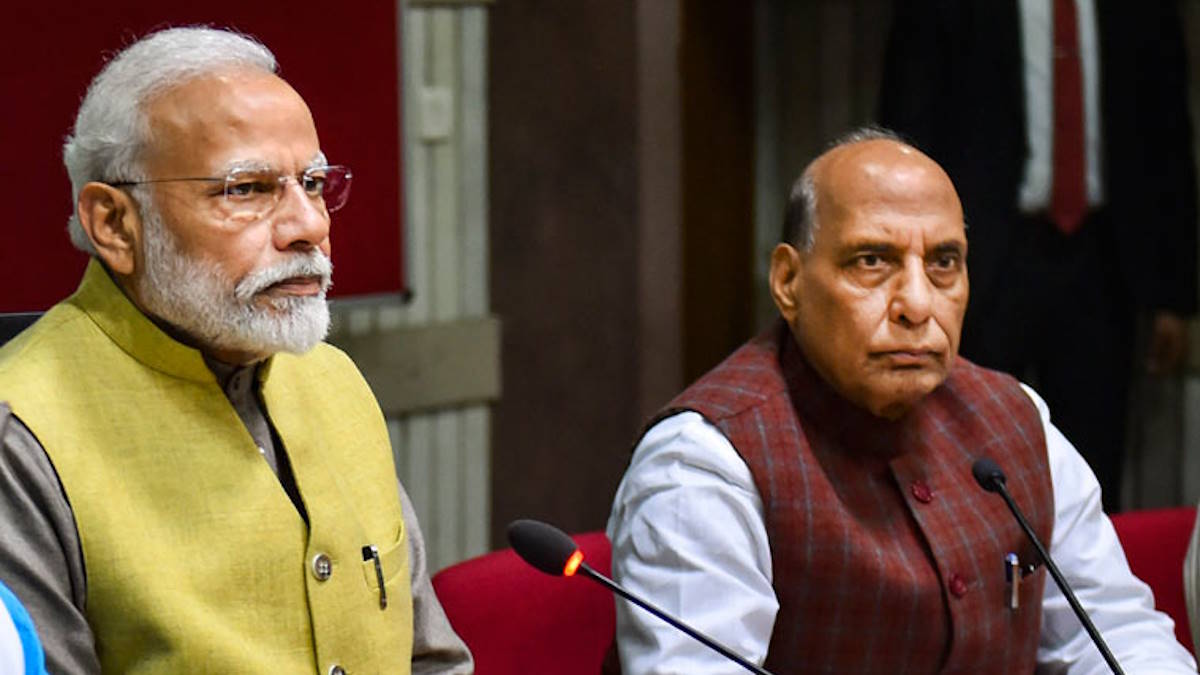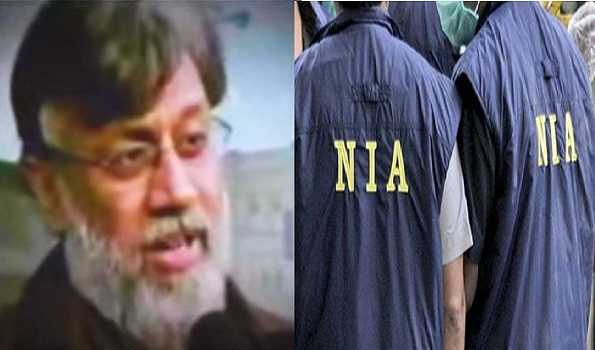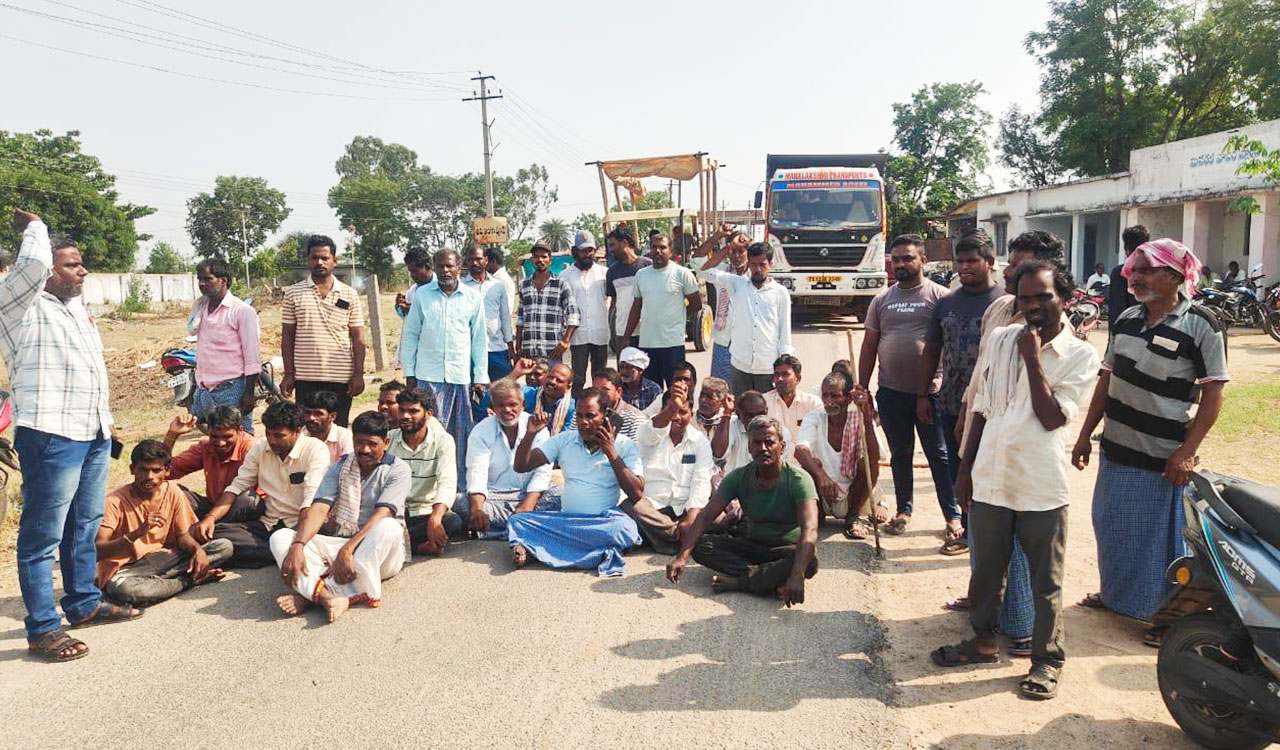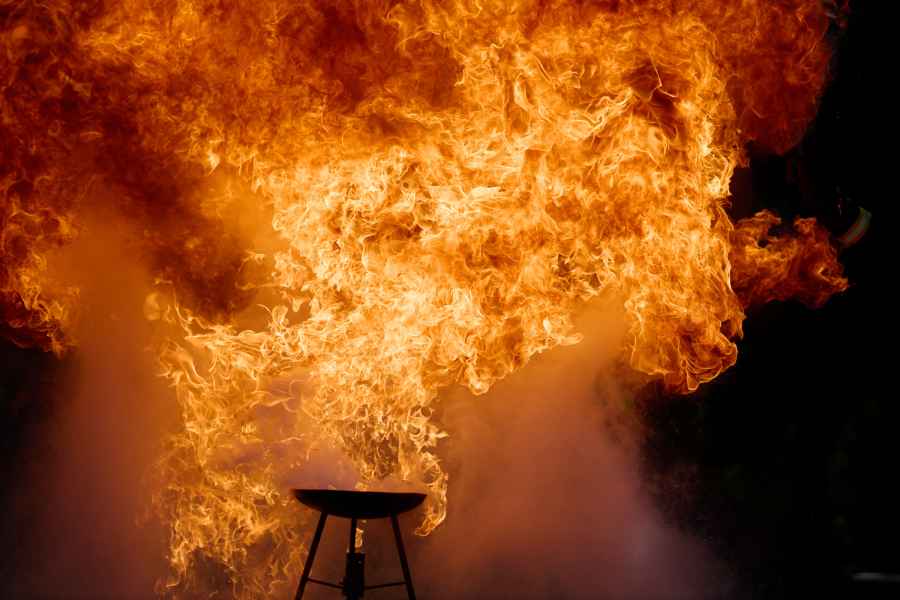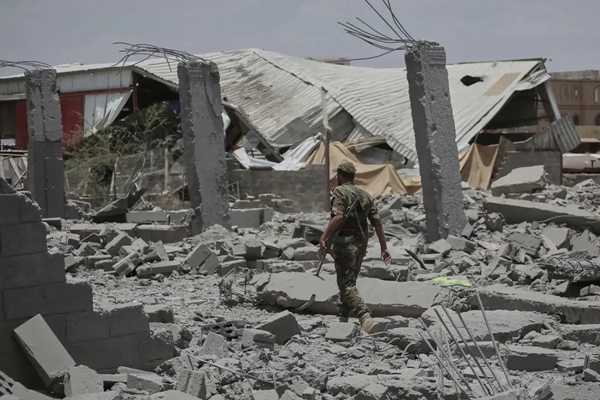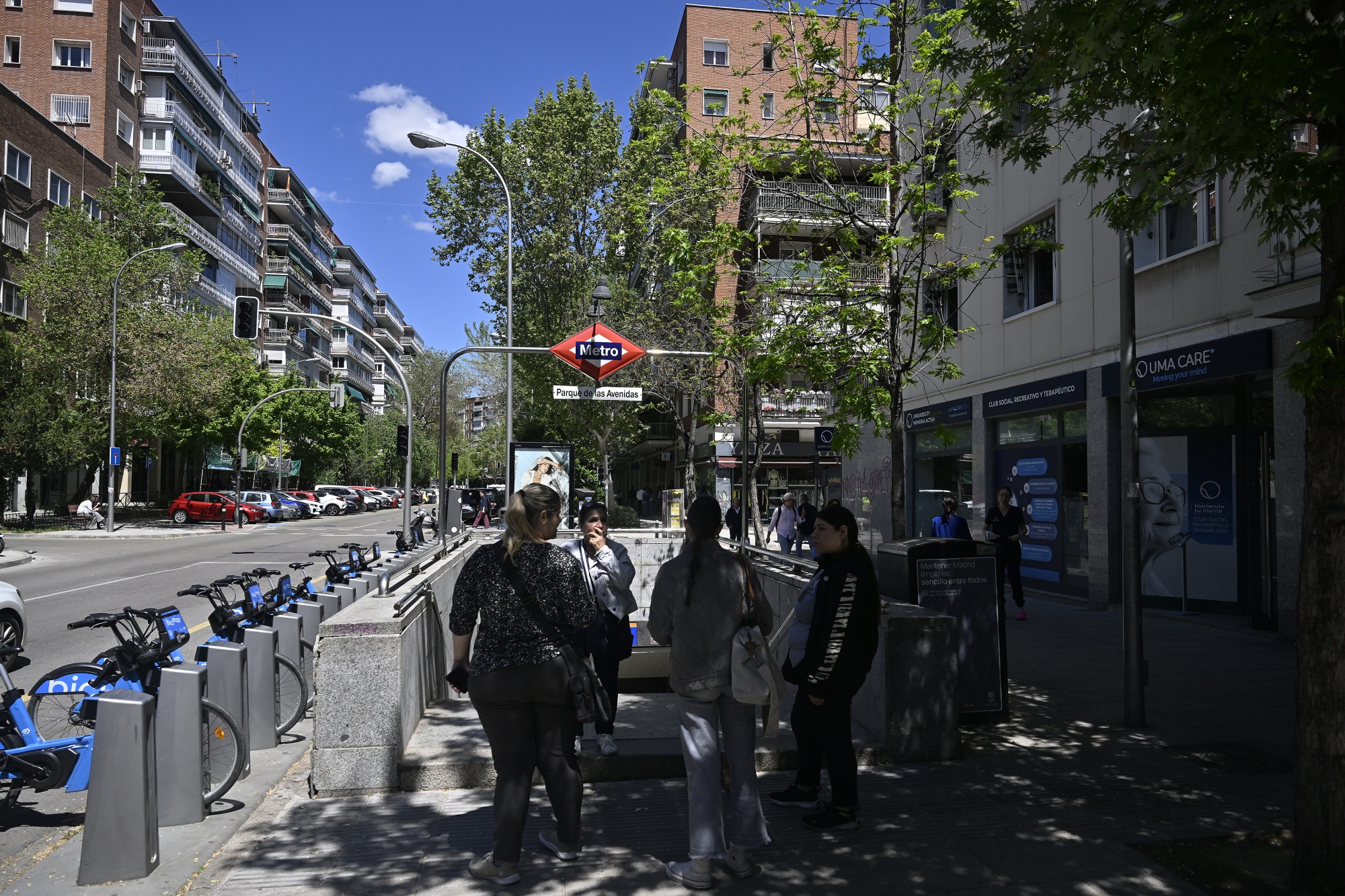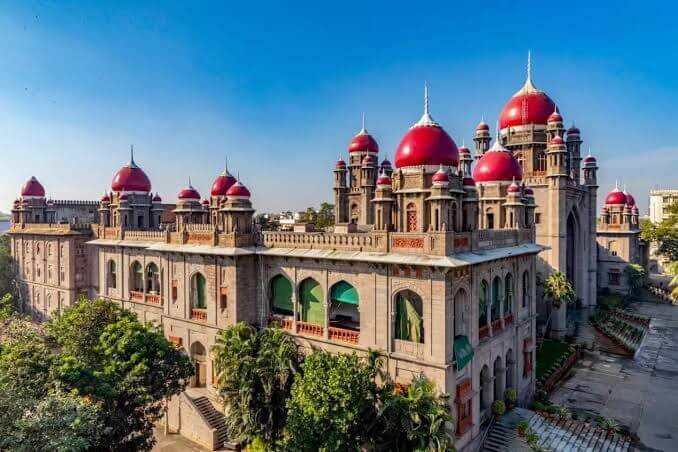Five killed in Delhi due to cylinder blast
Wed 28 Jun 2017, 14:52:55
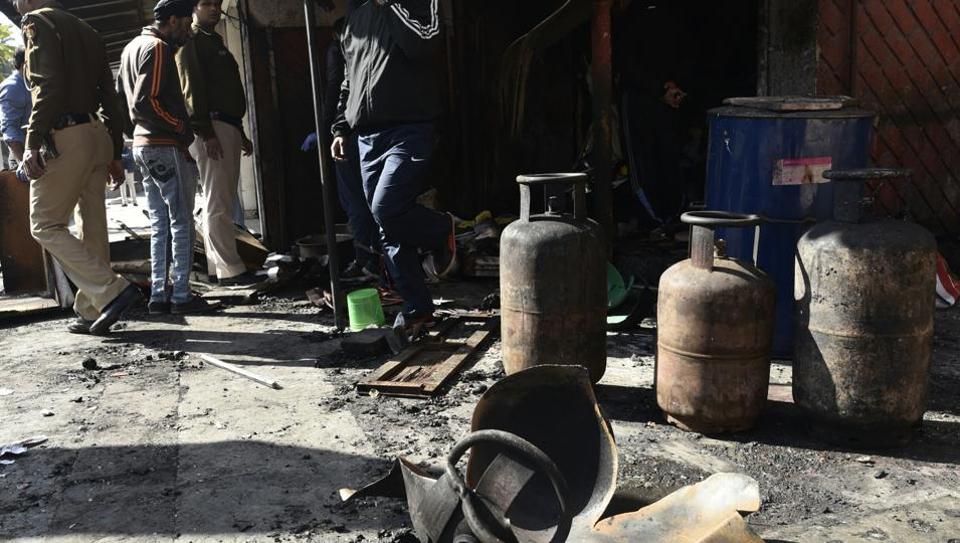
The bridegroom survived but he lost five family members, including his mother, when a cooking gas cylinder at a temporary kitchen for his wedding outside their shanty exploded.
The explosion ignited the lone and narrow door of their low house and flames engulfed the premises within minutes, trapping 26-year-old Ravikant and eight people from the family at a slum in south-east Delhi's Okhla on Monday night.
Mother Usha, aunts Lalsa and Santra, younger brother Shashikant, and six-year-old cousin sister Khushi were charred to death.
The groom, who was to get married on Wednesday, father Surender and cousins Guddu and Jitender suffered serious burns.
Police said on Tuesday the accident happened when a family member lit the stove at the makeshift kitchen to make tea around 9.40pm. The kitchen was set up to cook food for guests who had come to attend the wedding.
The liquid petroleum gas (LPG) cylinder blew up and the flames spread quickly.
"A leak, probably in the pipe or regulator, triggered the blast when the stove was lit. Since the jhuggi (shanty) had a single entrance, the family members couldn't escape to safety," a senior police officer said.
In the slum where
shanties stand cheek by jowl, the explosion triggered an alarm and neighbours rushed to help the family. But they could not enter because of the leaping flames that have spread to an adjacent home.
shanties stand cheek by jowl, the explosion triggered an alarm and neighbours rushed to help the family. But they could not enter because of the leaping flames that have spread to an adjacent home.
"We called the fire department but they arrived 20 minutes later," said Sapna, a neighbour.
As the fire threatened to race through the shanties teeming with people, residents armed only with buckets of water tried to fight the flames.
"We could hear the family members shout for help, but we were helpless. None of us have ever witnessed such a tragedy. They were all so happy about their son's wedding," Sapna said.
The injured were admitted to Safdarjang and ESI hospitals.
"Two fire tenders, four quick-reaction teams and two ambulances were pressed into service," DCP southeast Romil Baania said.
Cylinders with compressed fossil fuel are dangerous if not handled properly and fatal explosions are common in the Capital. The situation turns difficult to control for firefighters in localities with narrow lanes and house built close together.
In April 2016, six people were killed and 31 injured in two separate blasts that triggered fires and walls of adjacent houses collapsed.
No Comments For This Post, Be first to write a Comment.
Most viewed from National
Most viewed from World
AIMIM News
Latest Urdu News
Most Viewed
May 26, 2020
Which Cricket team will win the IPL 2025 trophy?
Latest Videos View All
Like Us
Home
About Us
Advertise With Us
All Polls
Epaper Archives
Privacy Policy
Contact Us
Download Etemaad App
© 2025 Etemaad Daily News, All Rights Reserved.


